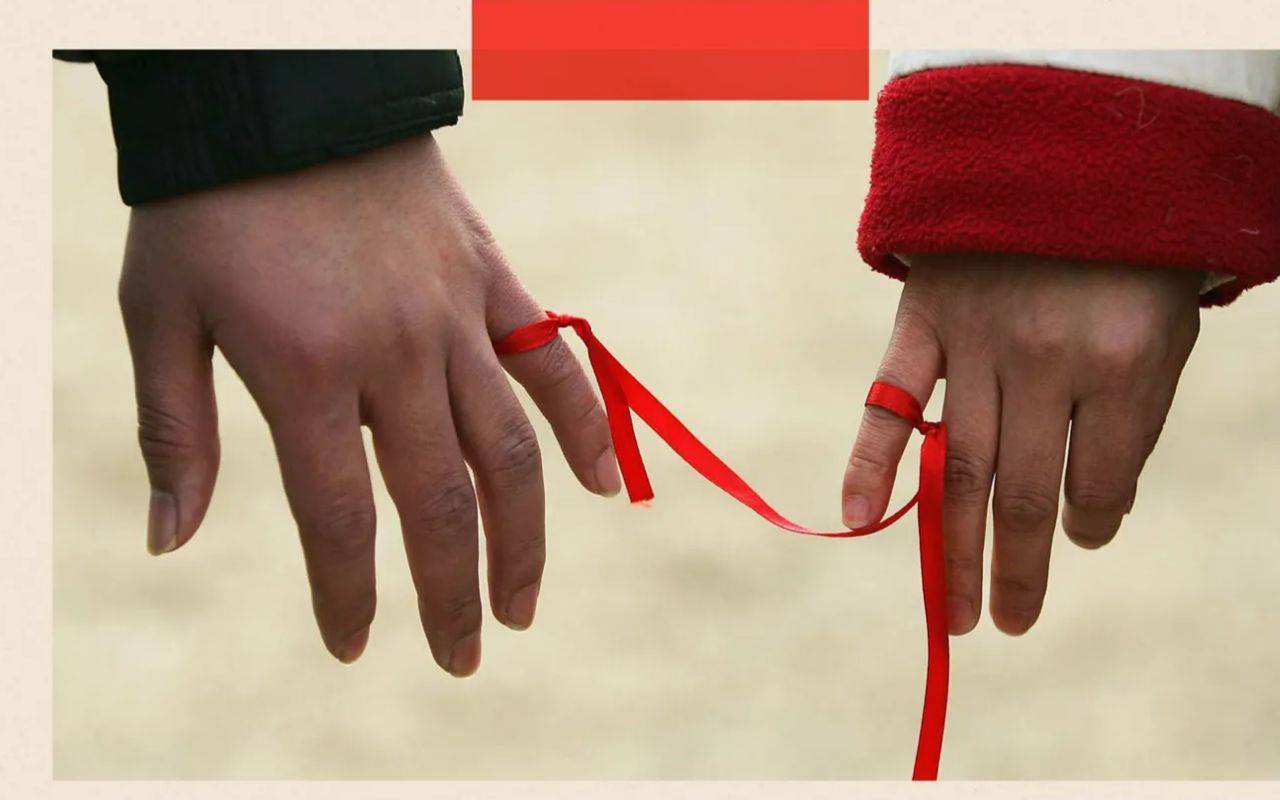Infidelity isn’t just a scandal. Its GDP: We whisper about it at weddings, in women’s groups, and even at church: the side chick economy. For every high-profile man who maintains a “main home” and a “shadow household”, there are women left exposed, children left uncertain, and wealth structures quietly fractured. It is one of Africa’s most ignored financial scandals.
Infidelity is often painted as a moral or emotional failing. But it is also an economic system, with rules, risks, and ripple effects. And until we look at it through the lens of money, ownership, and power, we will continue to raise generations of women who pay the highest price.
The hidden billions: Let’s stop whispering and start counting. Using reasonable assumptions about men who sustain “shadow households” through cash gifts, rent, cars, tuition, and property, Side Chick Economics conservatively moves:
• Global: $80B – $460B annually
• Africa: $2B – $48B annually
• Nigeria: $0.7B – $9.7B annually: That’s not pocket change. To put it in perspective, the African Development Bank estimates that Africa’s infrastructure gap is $68B–$108B per year. Imagine if even a fraction of the billions lost to secrecy and secondary households were redirected to businesses, schools, or housing for legitimate posterity.
The World Bank reminds us that over 80 percent of employment in Africa is informal, and the informal economy accounts for as much as 55 percent of GDP in sub-Saharan Africa. Side-chick economics lives squarely in this hidden world: flows of money that never make it into family constitutions, probate courts, or honest ledgers.
The hidden costs of secrecy: Infidelity almost always involves secrecy, not just of love, but of money:
• Hidden bank accounts.
• Properties purchased under friends’ or relatives’ names.
• Cars and “gifts” that never appear in official family ledgers.
What starts as a hidden relationship quickly becomes a hidden economy. Wealth is syphoned off the family balance sheet into secret investments. When the inevitable happens – death, divorce, or exposure – the main wife and legitimate children often discover the family’s true assets were scattered across secret households.
This is not just a betrayal of trust. It is a betrayal of posterity.
Who really pays the price?
•Wives: Discover properties or accounts they never knew existed, often too late to make legal claims.
• Children: Inheritance wars explode as “hidden children” surface with competing claims.
• Businesses: Entrepreneurs divert capital into shadow lives instead of reinvesting in companies or legitimate ventures.
The side chick economy may look glamorous on Instagram, but in reality, it is an erosion of generational wealth.
The price of silence: Many wives know about side relationships but avoid confrontation. Why?
• Cultural scripts: “All men do it; just endure.”
• Religious guilt: Divorce is discouraged, even when betrayal is systemic.
• Financial fear: If the man is the provider, rocking the boat could mean financial ruin.
So women submit publicly but suffer privately. And in the process, secrecy becomes normalised as a family financial practice. But silence isn’t neutral. It’s expensive. Every secret property deed not challenged is an inheritance lost. Every ignored shadow household is a fracture in family posterity.
The wealth lessons hidden in infidelity: Strangely, the side chick economy teaches us truths we can no longer ignore:
• Ownership matters: If your name is not on the title, you may one day be a guest in your own home.
• Transparency protects: What is hidden from you can be taken from you.
• Structures save: Trusts, wills, and family constitutions aren’t luxuries; they are shields.
• Silence destroys: Pretending “all is well” may keep the peace today, but it guarantees battles tomorrow.
A call for bold transparency: Infidelity will always be a moral debate. But economically, it is a bleeding wound. In countries where GDP per capita remains under $3,000 and women disproportionately lack formal ownership of land or assets, we cannot afford to ignore the hidden billions lost in secrecy.
• For women: Build independent portfolios. Don’t settle for handbags when you can demand houses.
• For men: Recognise that every hidden transfer isn’t just betrayal; it’s intergenerational theft from your legitimate heirs.
• For families: Stop normalising secrecy. Build structures that preserve posterity, not chaos.
The hard question: The next time someone shrugs and says, “All men do it,” ask instead:
At what cost?
Whose inheritance is being stolen?
Whose future is being mortgaged?
Because side-chick economics is not gossip; it is an economic system: one that drains billions, weakens families, and erodes legacy. And until we confront it openly, women will continue to pay the highest price for secrets they never agreed to keep.
•Udo Maryanne Okonjo: Chairwoman, Fine and Country WA & Radiant Collective Capital. The Women, Wealth & Power Column — Challenging Norms, Creating Wealth, Changing Futures.












